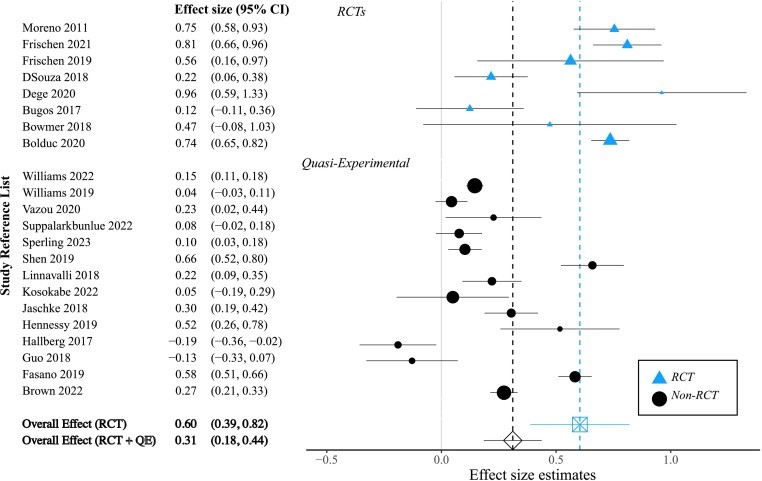
A groundbreaking analysis combining 22 research studies spanning over four decades reveals that musical education helps children develop better attention and self-control abilities.
The comprehensive review, published in Cognition journal, examined data from 1,734 children across nine countries between 1980 and 2023. Led by researchers at Université de Montréal, the analysis focused on how music training affects inhibition control - the capacity to stay focused and resist impulsive reactions.
"The results surpassed previous research findings on music's cognitive benefits," notes Professor Simone Dalla Bella, who supervised the study. The team found that just 300 minutes of total music training was sufficient to see measurable improvements in children's ability to concentrate and control impulses.
Private music lessons appeared particularly effective, likely due to fewer distractions in one-on-one settings compared to group instruction. However, positive effects were observed across various teaching formats and regardless of children's age or training intensity.
The research team analyzed both randomized controlled trials and long-term observational studies. The controlled trials showed especially promising results, with effect sizes strong enough to potentially warrant public policy recommendations.
While emphasizing that music training isn't a cure-all solution, the researchers see promising applications for children with developmental conditions like autism or attention deficit disorders. They advocate for bringing music education back into primary schools, citing mounting evidence of its cognitive benefits.
The findings open new possibilities for using targeted music training to support child development. Further research will explore these applications, including an upcoming project at USC Dornsife's Brain and Creativity Institute.
This comprehensive analysis adds compelling evidence that learning music in childhood can strengthen fundamental cognitive skills that benefit learning and behavior control.